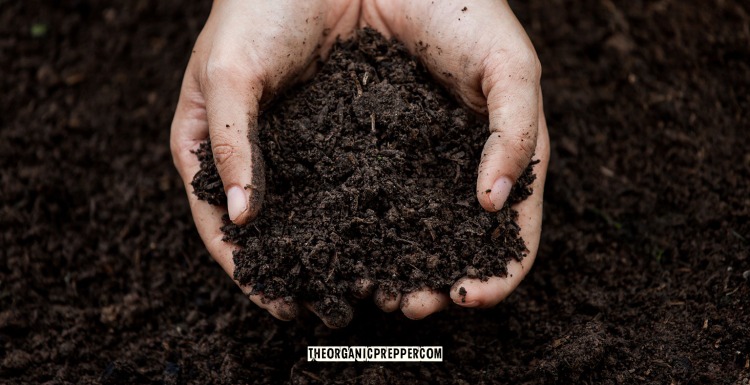If you’re new here, you may want to subscribe to my RSS feed. Thanks for visiting!
(Psst: The FTC wants me to remind you that this website contains affiliate links. That means if you make a purchase from a link you click on, I might receive a small commission. This does not increase the price you’ll pay for that item nor does it decrease the awesomeness of the item. ~ Daisy)
We’ve all been watching prices climb at the grocery stores, and it’s only getting worse. There are issues at every level of food production and distribution. Certain kinds of mandates have made it more difficult for truckers to do their job. Meat processors had to add a variety of safety protocols and new jobs, such as “social distance monitors,” in their processing plants to slow down Covid outbreaks. The more overhead expenses the processors have, the more the costs of the actual product increase. And in between the megadrought and skyrocketing fertilizer prices, food is simply getting harder to produce. The ongoing fire at the fertilizer plant in North Carolina will not help.
The Organic Prepper has long encouraged readers to learn as much as they can about producing food. Even apartment dwellers can usually produce something. If you are blessed with a yard, you can probably produce some of your own fertilizer, too, in the form of compost.
Fertilizer is a gift
When I lived along the Gulf Coast, all I had to do to get high-quality compost was dump lawn and food scraps in a pile. I’d spray the pile with a hose several times a week if the weather was dry. A few times a year, I’d dig into the bottom of the pile and pull out beautiful black, crumbly compost for my garden.
I can’t do that these days. I live on the High Plains. It’s really dry. We get snow in the springtime, and that’s about it. Fifty years ago, my area would have snow on the ground for much of the winter, but that doesn’t happen anymore. Here, to get compost, you need to water and turn religiously during the summer months. But we don’t have water during the summer months. Between the drought and the increased development in my area draining the reservoirs, my well is in a pretty sorry state by August and September. So far, I’ve had enough for my animals, garden, and household needs, but we really don’t have much extra.
Water is vital to producing your own fertilizer
For the past couple of years, I have been trying to capture as much water as I can. Having more than one 55-gallon rain barrel is illegal in my area. So I’ll admit I have one 55-gallon rain barrel. Since it’s so dry here, even when it snows, it will often begin to melt the next day. For example, we might have two days of snow and then a week of 50/20 highs and…
